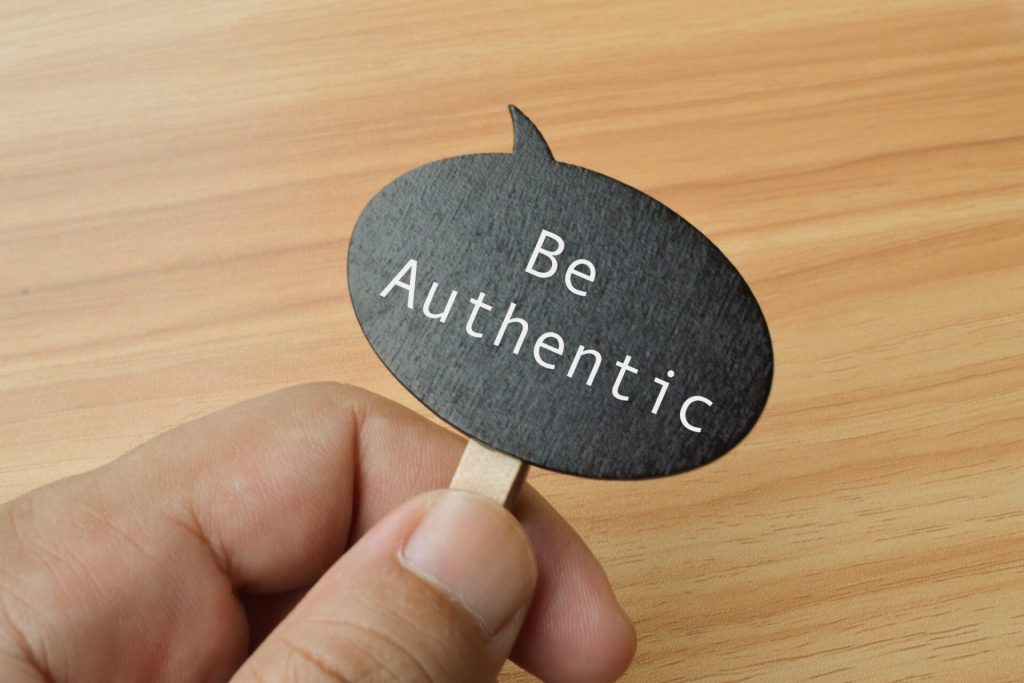
Embracing You: The Journey of Self-Acceptance
Self-acceptance represents one of life’s most profound yet challenging journeys. In a world constantly suggesting we should be different—smarter, more attractive, more accomplished, more disciplined—embracing who we truly are requires courage and conscious effort. This journey toward accepting ourselves completely, with both our strengths and imperfections, transforms not only how we view ourselves but how we experience life and connect with others. While the path isn’t always straightforward, the rewards of genuine self-acceptance create ripple effects through every dimension of our existence.
Understanding True Self-Acceptance
Self-acceptance goes far deeper than positive affirmations or surface-level self-esteem. It involves acknowledging and embracing our complete selves—our talents and limitations, successes and failures, beauty and flaws. Unlike perfectionism that demands constant improvement, self-acceptance creates space for being human in all its messy complexity. This doesn’t mean abandoning growth or settling for less; rather, it means pursuing development from a foundation of worthiness rather than deficiency.
True self-acceptance includes:
- Recognizing your inherent value independent of achievements
- Acknowledging imperfections without harsh self-judgment
- Honoring your authentic needs and boundaries
- Embracing your unique characteristics rather than conforming to external standards
- Treating yourself with the same compassion you would offer a good friend
This holistic embrace of self creates freedom from the exhausting cycle of conditional self-worth that leaves so many feeling perpetually inadequate.
The Transformative Benefits of Self-Acceptance
Embracing yourself completely catalyzes profound changes across multiple life dimensions.
Psychological Wellbeing
Self-acceptance fundamentally transforms mental and emotional health:
- Reduced anxiety and depression symptoms
- Greater resilience during challenging circumstances
- Decreased rumination about perceived shortcomings
- Improved stress management
- Heightened overall life satisfaction
These benefits emerge as we release the constant internal criticism that drains emotional resources and perpetuates negative thought patterns.

Authentic Relationships
Accepting yourself creates the foundation for meaningful connections with others:
- Reduced people-pleasing behaviors driven by approval-seeking
- Greater authenticity in expressing thoughts and feelings
- Healthier boundaries based on self-respect
- Increased capacity for vulnerability and intimacy
- Better discernment in choosing relationships that honor your true self
When you no longer depend on others for validation, relationships transform from need-fulfillment mechanisms to genuine connections based on mutual appreciation.
Enhanced Life Direction
Self-acceptance clarifies personal choices and life direction:
- Decision-making aligned with authentic values rather than external expectations
- Career and lifestyle choices that honor natural talents and preferences
- Courage to pursue meaningful goals despite potential judgment
- Reduced waste of energy on paths chosen for approval or status
- Greater contentment with life choices that reflect the true self
This alignment between internal truth and external expression creates a profound sense of integrity and purpose.
Common Obstacles on the Self-Acceptance Journey
Several significant barriers can impede progress toward genuine self-acceptance.
Comparison and Social Media
Constant exposure to curated highlights of others’ lives fuels unhelpful comparison:
- Social media platforms presenting idealized versions of reality
- Cultural messaging emphasizing external achievements and appearance
- Tendency to compare our whole reality against others’ edited presentations
- Algorithms reinforcing insecurity-based consumption patterns
- Limited representation of diverse ways of being
Navigating these influences requires conscious curation of media consumption and developing awareness of how these images affect self-perception.
Internalized Critical Voices
Many carry harsh internal critics developed through early experiences:
- Perfectionist standards internalized from family dynamics
- Critical messages absorbed from educational experiences
- Cultural ideals that set impossible standards
- Past relationship dynamics that reinforced conditional worth
- Religious or philosophical frameworks misinterpreted to demand perfection
Identifying and transforming these internal critics represents a crucial step toward self-acceptance.

Practical Steps Toward Greater Self-Acceptance
Developing self-acceptance involves concrete practices that gradually transform your relationship with yourself.
Cultivating Self-Awareness
Self-acceptance begins with honestly seeing yourself:
- Regular reflection through journaling or mindfulness practices
- Curious observation of thoughts and feelings without immediate judgment
- Feedback from trusted others who see you clearly and kindly
- Exploration of personality frameworks that normalize different ways of being
- Assessment of personal values independent of external expectations
This awareness creates the foundation for accepting what truly exists rather than an idealized self-image.
Practicing Self-Compassion
Learning to relate to yourself with kindness accelerates self-acceptance:
- Speaking to yourself as you would to a beloved friend facing challenges
- Recognizing common humanity in struggles rather than feeling isolated in imperfection
- Mindfully acknowledging painful emotions without suppression or exaggeration
- Developing supportive self-talk for difficult moments
- Celebrating progress and efforts alongside results
These compassionate practices gradually rewire neural pathways that previously defaulted to self-criticism.

Taking Authentic Action
Self-acceptance flourishes through lived experience:
- Setting boundaries that honor your needs and values
- Expressing genuine opinions even when they differ from others
- Pursuing activities that bring joy regardless of skill level
- Wearing clothes that feel comfortable and authentic rather than simply fashionable
- Sharing vulnerably with trusted others
These actions reinforce internal acceptance through external expression, creating positive feedback loops.
Embracing the Ongoing Journey
Self-acceptance isn’t a destination but a continuous practice. Throughout life, new challenges will test your relationship with yourself. Career transitions, aging, health changes, and relationship shifts all create opportunities to deepen self-acceptance or revert to conditional self-worth. Recognizing this journey’s ongoing nature allows for patience and persistence through inevitable fluctuations.
The path toward embracing yourself completely unfolds gradually through daily choices, consistent practice, and gentle course corrections when old patterns reemerge. Each moment offers a new opportunity to choose acceptance over rejection, compassion over criticism, and authenticity over performance.
Conclusion
The journey toward self-acceptance transforms not just individual lives but ripples outward to affect relationships, communities, and culture. When we embrace ourselves completely, we naturally extend that acceptance to others, creating spaces where authentic expression and human imperfection are welcomed rather than judged.
As you navigate your own path toward self-acceptance, remember that each step, however small, matters. Whether beginning this journey or continuing after years of practice, your commitment to embracing your complete self represents an act of courage in a world that often suggests you should be different. Through this process, you discover not only greater peace with yourself but a richer, more authentic experience of life itself.
